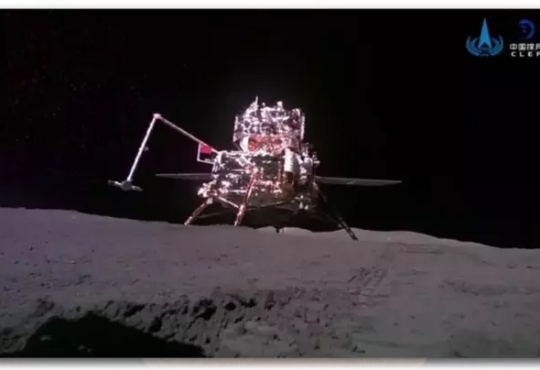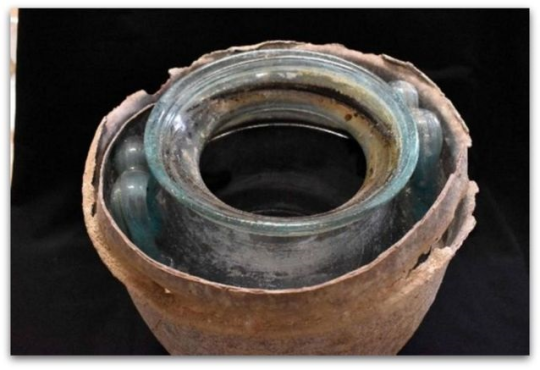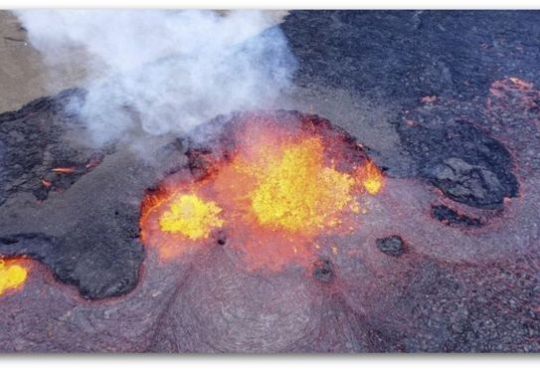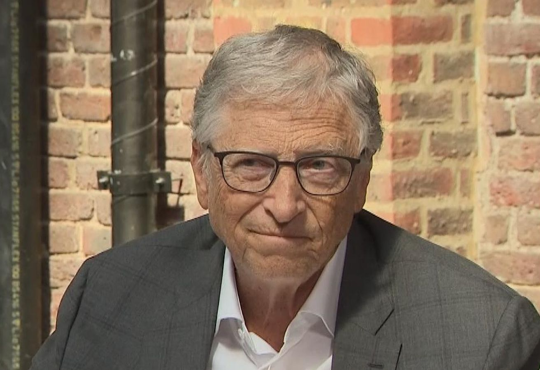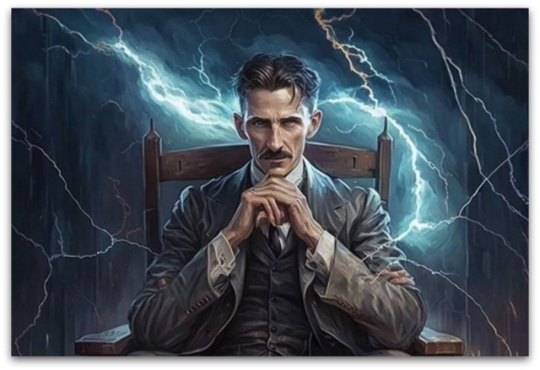Veterans from the secret base “Area 52” called the US government! “It’s terrible what they did to us”
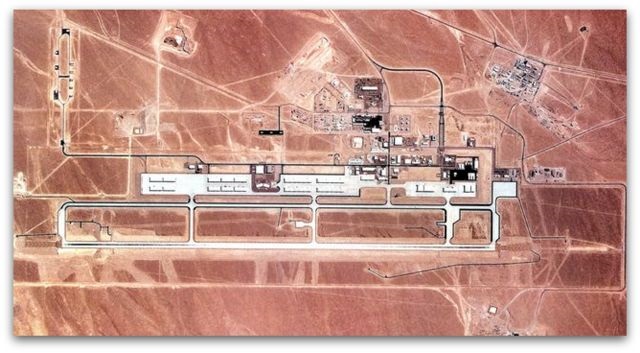
US Air Force technician Mark Ely in the mid-1980s inspected secretly purchased Soviet fighter jets in secret hangars known as “hush houses” as part of his job.
This confidential operation was conducted at the Tonopah Test Site, also known as Area 52, located 280 kilometers northeast of Las Vegas in the Nevada desert (SAD).
Ely, who is now 63 years old and lives in Naperville (Illinois, USA) told his experience to the American media.
Supporting the national interest was more important than my own life,” says the retired technician. During his time at the secret base, Ely was in his 20s and physically fit.
Today, he faces serious health problems attributed to radiation exposure from decades of nuclear bomb testing.
“Say it till you die”

Those tests, according to a 1975 federal environmental assessment, dispersed toxic radioactive material near Area 52. Ely described the loss to his health:
“It damaged my lungs. I got liver cysts. I started getting lipomas, tumors in my body that had to be removed. “My bladder lining fell off.”
Despite the serious health implications, Ely’s official records do not confirm his assignment to the Tonopah test site, leaving him unable to prove his presence there.
“There is a slogan that people say: “Deny, deny until you die” (eng. Deny deny until you die). In this case, that’s true,” Ely claimed.
Dave Crete, who also served as a military policeman at the same location, is dealing with similar health issues, including chronic bronchitis and having a tumor removed. For the past eight years, Crete has followed hundreds of other Area 52 veterans, finding widespread cases of various types of cancer.
Frustration and disappointment

A 1975 government assessment recognized the presence of toxic chemicals but justified continued work as “in the national interest”, deeming the health risks “small and reasonable for the benefit obtained”. However, that recognition has not translated into support for affected Air Force veterans.
While Department of Energy employees stationed in the same area received $25.7 billion (€23.7 billion) in federal aid, Air Force veterans like Ely and Crete were excluded from those benefits.
Ely expressed his frustration and disappointment:
“It makes me incredibly angry and it hurts me too because they have to have my back. I guarded theirs and I want them to guard mine.”
When contacted, the Ministry of Defense confirmed the service of Ely and Crete, but was tight-lipped about the details of their assignments.
As affected veterans continue to fight for recognition and support, their plight underscores the long-term consequences of covert military operations and the need for accountability and assistance for those who served in dangerous conditions.



